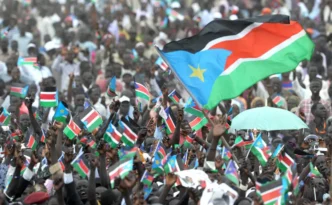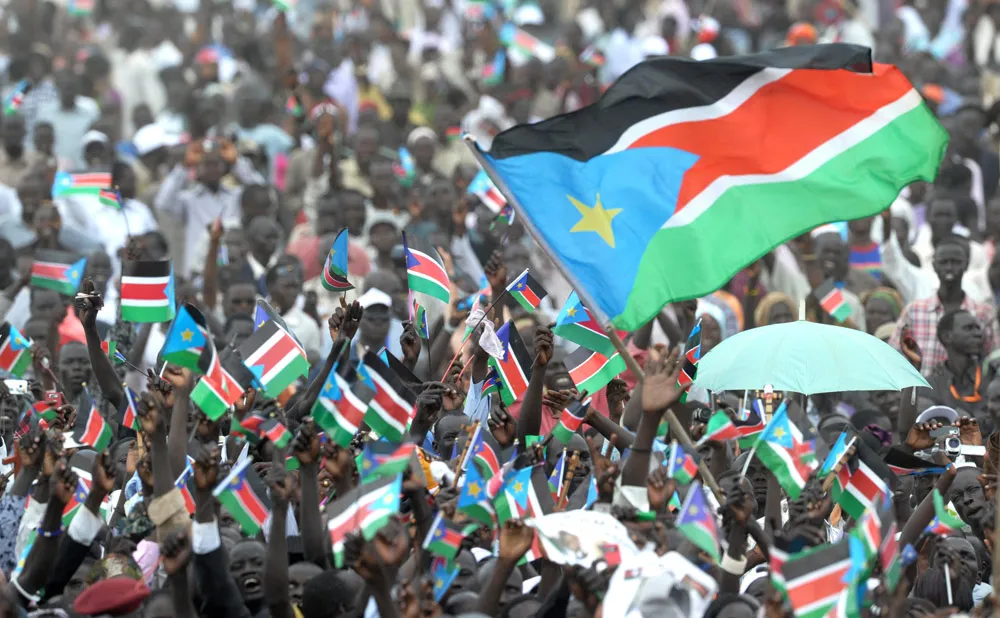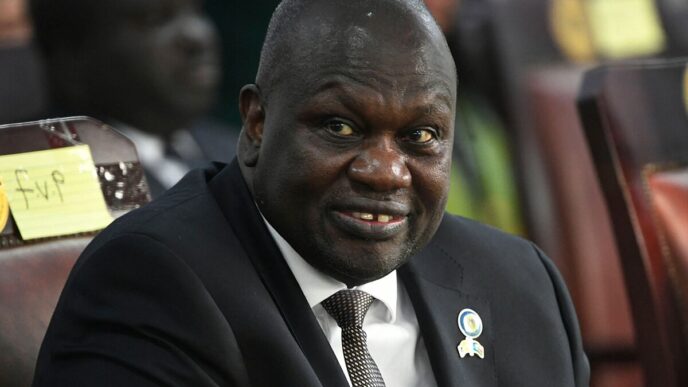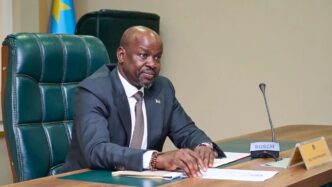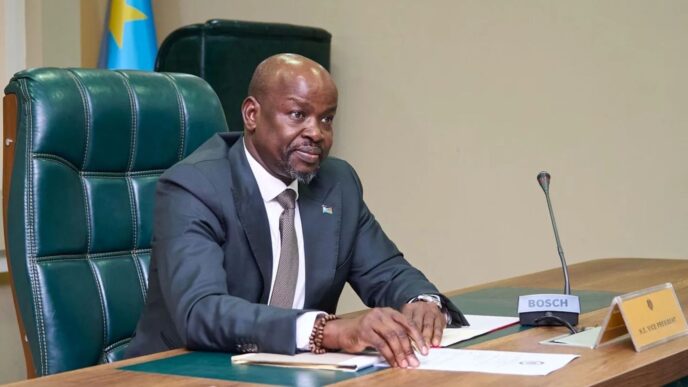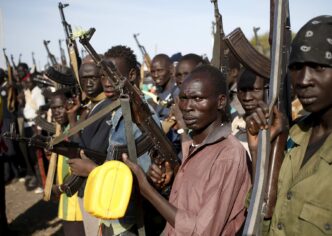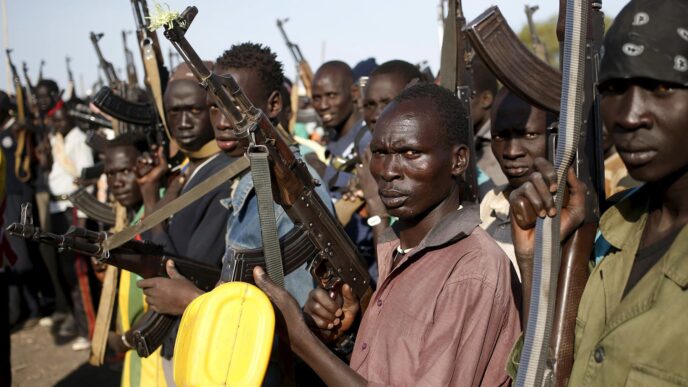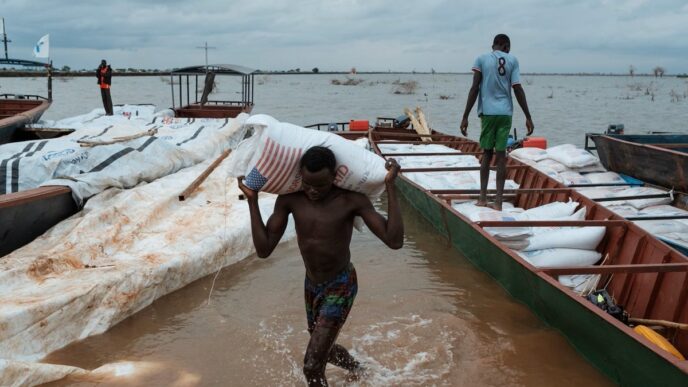A recent United Nations (UN) report alleges that South Sudanese government officials have stolen billions of dollars in oil revenue since the country’s independence in 2011.
According to the UN Human Rights Council’s Commission on Human Rights, despite oil inflows of $25.2 billion, essential services like health and education have received almost no funding.
Yasmin Sooka, the commission’s chair, stated that the report details the “plundering of a nation,” which has led to widespread hunger, a failing healthcare system, and preventable deaths. The report also claims this corruption is fueling armed conflict over resources.
The UN report specifically highlights “systemic government corruption” and “brazen predation,” with a focus on the “Oil for Roads” programme. This programme, intended as a key development initiative, received $2.2 billion between 2021 and 2024. Of that amount, $1.7 billion is reportedly “unaccounted for,” as roads were either incomplete, severely overpriced, or built to poor standards.
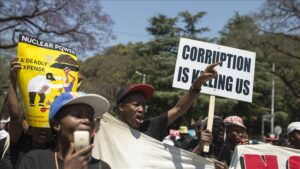
The report states that the funds were channelled through companies owned by Benjamin Bol Mel, who was recently promoted to vice president and is seen as a potential successor to President Salva Kiir.
A member of the commission, Carlos Castresana Fernandez, emphasised that the “budget failures” are not abstract but have led to preventable deaths and a lack of education and proper nutrition for the population.
He urged South Sudan’s international partners to make it clear that the situation is unacceptable.
The South Sudanese government has responded by accusing the commission of using “unverified information” from journalists and civil society groups. This report comes at a time when a power-sharing agreement between President Kiir and his rival, Riek Machar, is falling apart. Machar has been charged with treason and crimes against humanity, and his supporters have called for an armed mobilisation to achieve “regime change.”


 Trending
Trending 
